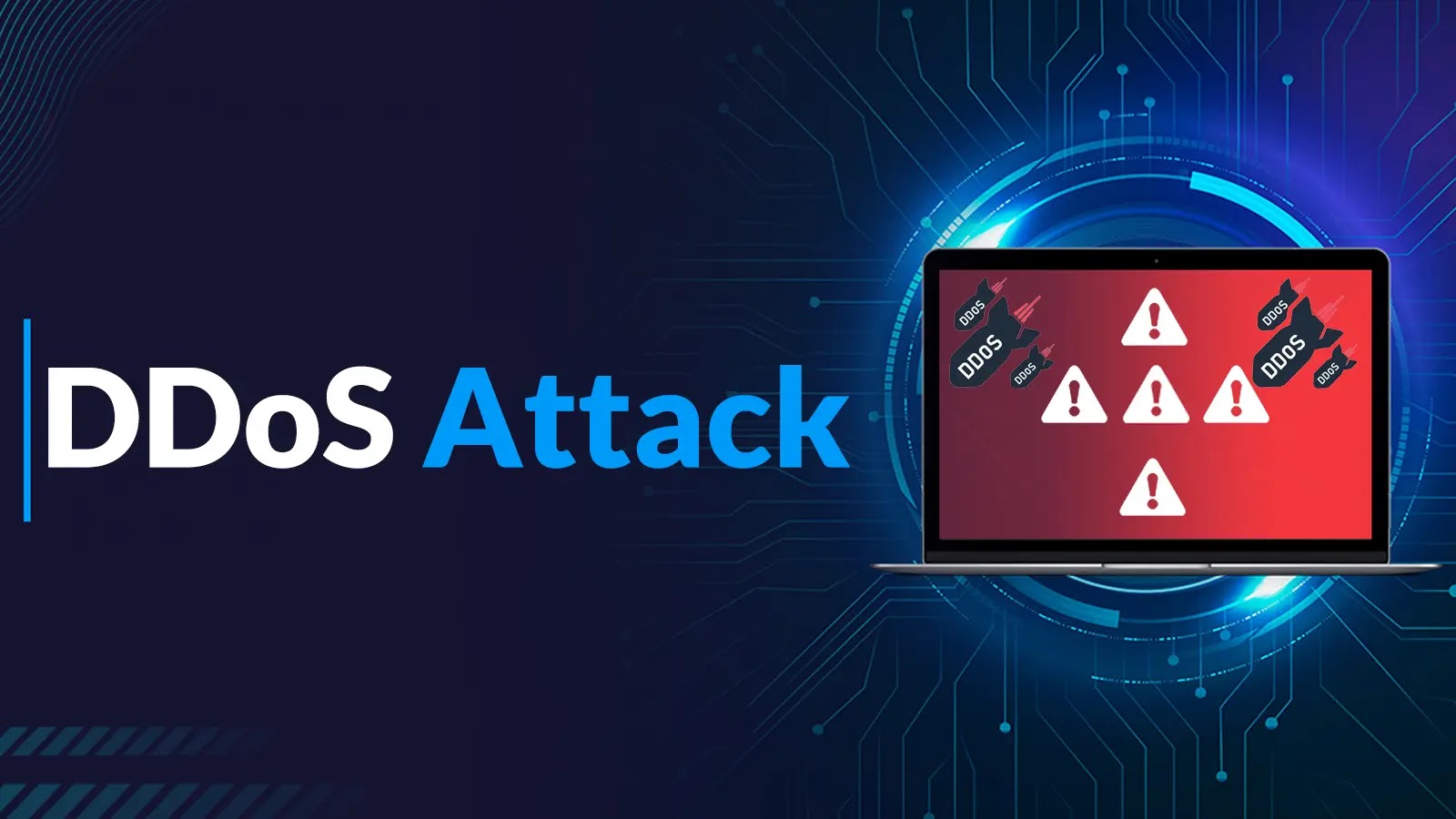
Understanding the Impact of DDoS Attacks on Business and Prevention Tips
- By ThreatMatrix
Introduction
A Distributed Denial of Service (DDoS) attack is one of the most disruptive cyber threats facing businesses today. By overwhelming a network or server with excessive traffic, a DDoS attack can shut down critical services, leading to financial loss, reputational damage, and operational downtime. This article explores the essentials of DDoS attacks, their impact on businesses, and effective prevention strategies.
1. What is a DDoS Attack?
A DDoS attack occurs when a large volume of requests flood a target server or network, overloading its resources and rendering it unavailable to legitimate users. These attacks are typically launched using a botnet, a network of compromised devices remotely controlled by hackers.
Key elements of a DDoS attack include:
- High traffic volume: DDoS attacks involve sending large amounts of traffic to overwhelm network resources.
- Botnet: Attackers often use infected devices, like computers or IoT devices, which function as “bots” to deliver this massive traffic.
- Distributed nature: The attack originates from multiple devices, making it harder to trace and block.
2. Impact of DDoS Attacks on Businesses
A DDoS attack can severely impact a business, with effects ranging from financial loss to long-term reputational damage. Here are some key ways DDoS attacks affect businesses:
a. Financial Losses
DDoS attacks can disrupt e-commerce sites, financial services, and any platform that relies on online operations. Downtime often leads to missed sales, lost revenue, and increased IT recovery costs.
b. Reputational Damage
When a website or service becomes unavailable, customer trust can erode. In a competitive market, a DDoS attack can drive clients to competitors, especially if the business seems unprepared for such incidents.
c. Operational Disruption
A DDoS attack can halt essential business operations, preventing employees from accessing systems or communicating with clients. Prolonged downtime can significantly reduce productivity and even halt critical processes.
d. Increased Recovery Costs
Recovering from a DDoS attack often requires substantial IT resources, including cybersecurity services, network upgrades, and employee training. Some businesses also face regulatory penalties if they fail to safeguard sensitive data.
3. How to Prevent DDoS Attacks
Preventing a DDoS attack requires a combination of robust security tools, proactive monitoring, and a comprehensive incident response plan. Here are some effective prevention strategies:
a. Implement DDoS Protection Services
DDoS protection services from providers like Cloudflare and Akamai can absorb and filter excessive traffic before it reaches your network. These services help mitigate attacks by analyzing traffic and filtering out malicious requests.
b. Use Load Balancing and Rate Limiting
Load balancing spreads incoming traffic across multiple servers, helping manage traffic loads more effectively. Rate limiting restricts the number of requests allowed from a single IP, preventing malicious users from overwhelming the server.
c. Monitor Traffic Patterns and Use Intrusion Detection Systems (IDS)
Set up tools to monitor network traffic patterns for unusual activity. Intrusion Detection Systems (IDS) can help detect signs of a DDoS attack early on, allowing for a swift response to minimize disruption.
d. Prepare a DDoS Response Plan
A pre-planned DDoS response strategy enables your team to respond quickly if an attack occurs. Your plan should include predefined roles, procedures for identifying the attack, and communication strategies to inform stakeholders.
e. Train Staff on Cybersecurity Best Practices
Educate your staff about the risks of DDoS attacks and other cybersecurity threats. By training employees, you reduce the chances of human error and improve overall response effectiveness in the event of an attack.
Conclusion
DDoS attacks pose a serious risk to businesses, from financial impacts to operational disruptions. By understanding how DDoS attacks work, the potential business impacts, and implementing preventive measures, companies can build resilience against these attacks and protect their assets and reputation.
